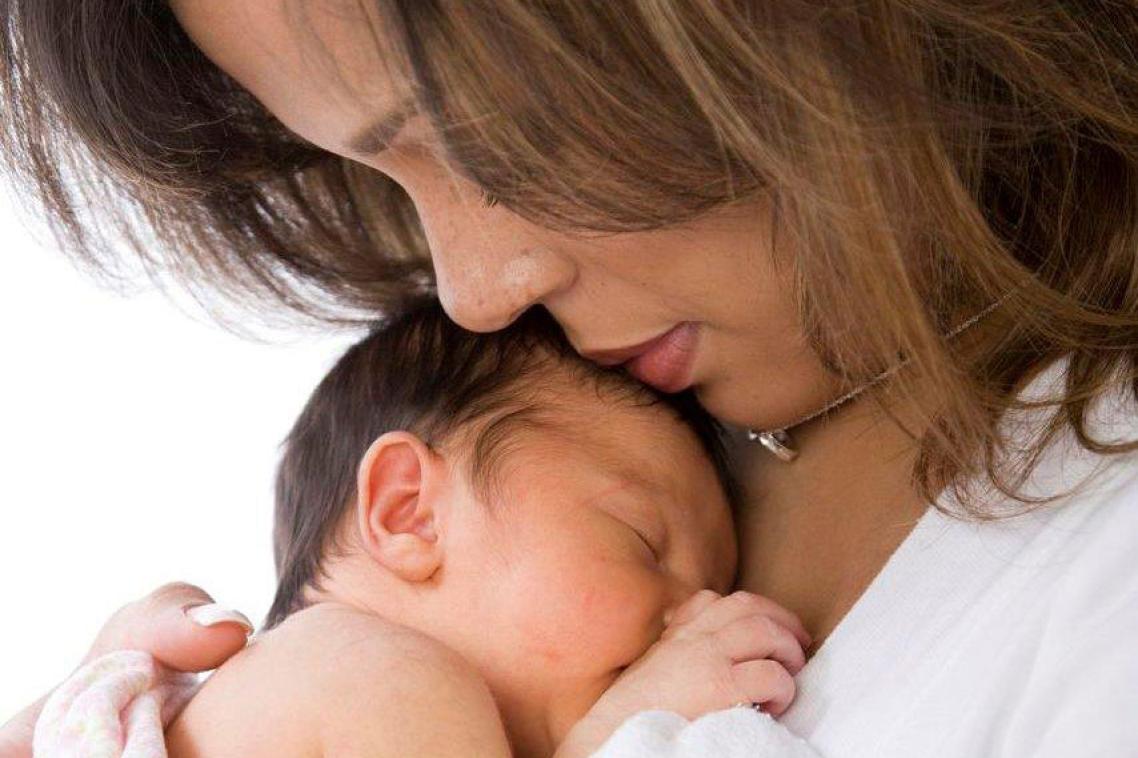Baby of the family most likely to miss out on breast

A woman’s education level and the number of children she has affects breast feeding, with the “baby of the family” most likely to miss out, University of Queensland research shows.
UQ School of Public Health PhD candidate Natalie Holowko analysed data reported by more than 4700 mothers in the Australian Longitudinal Study on Women’s Health to determine relationships between socioeconomic factors, birth order and breastfeeding rates.
“Breastfeeding reduces a child’s risk of being overweight or obese, making it one of the first lines of defence against the emerging obesity epidemic,” Ms Holowko said.
“Breastfeeding was started with 83 per cent of newborns, but only 59 per cent of six-month-olds were still being breastfed.”
The study found that compared to women with only high-school education, university-educated women were almost twice as likely to initiate breastfeeding or to breastfeed for the recommended six months.
“Interestingly, women with a parent who had fewer than 10 years of education were about one-and-a-half times as likely to not breastfeed,” Ms Holowko said.
However, there was a paradox when it came to the “baby of the family”.
“We discovered that women — particularly those with a higher level of education – were less likely to breastfeed their youngest child,” she said.
“This may suggest that women are returning to work soon after reaching their desired number of children.”
The number of children a woman had influenced breastfeeding, with firstborns more likely to be breastfed if their mothers went on to have more children.
Australian Dietary Guidelines recommend exclusive breastfeeding for at least six months, and continued breastfeeding up to 12 months and beyond.
“Most women start breastfeeding but many are not continuing with it,” Ms Holowko said.
“To encourage women to start and sustain breastfeeding where possible, there needs to be more focus on removing barriers — at home, at work and in the community.”
The Australian Longitudinal Study on Women’s Health is based at UQ and The University of Newcastle. It has been running for 20 years and involves more than 50,000 women.
Ms Holowko’s research is published in the Cambridge University Press journal Public Health Nutrition.
Media: Kim Lyell, ALSWH Communications, k.lyell@uq.edu.au, +61 7 3365 5514.
Twitter: @natalieholowko , @ALSWH_Official
Topics
Related articles

Should you consent to your doctor using an AI scribe? Here’s what you should know.

How a drone delivering medicine might just save your life
Media contact
UQ Communications
communications@uq.edu.au
+61 429 056 139
